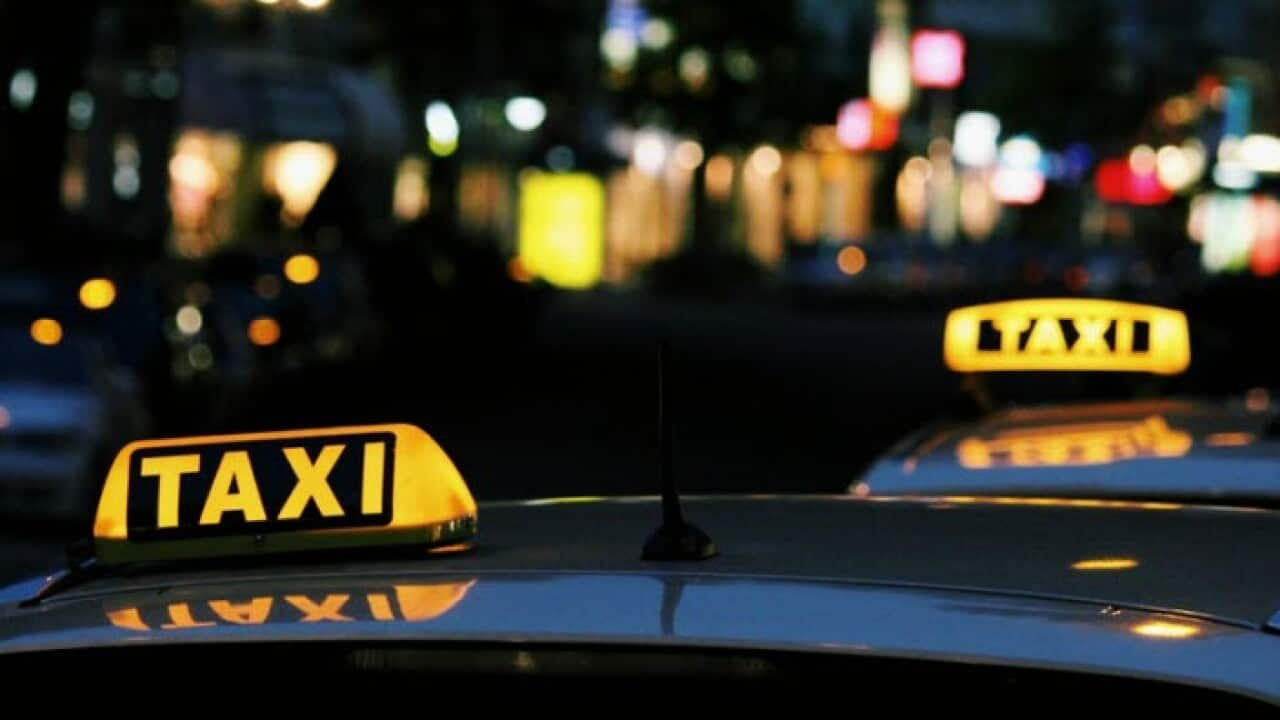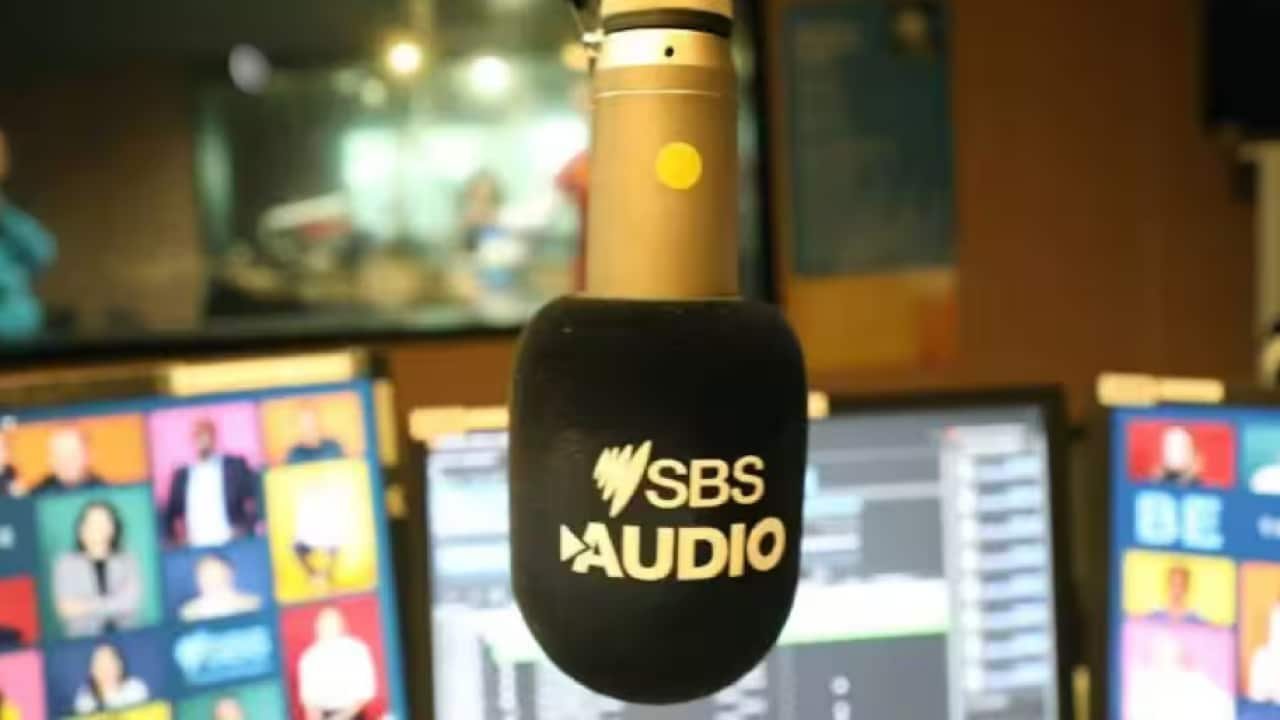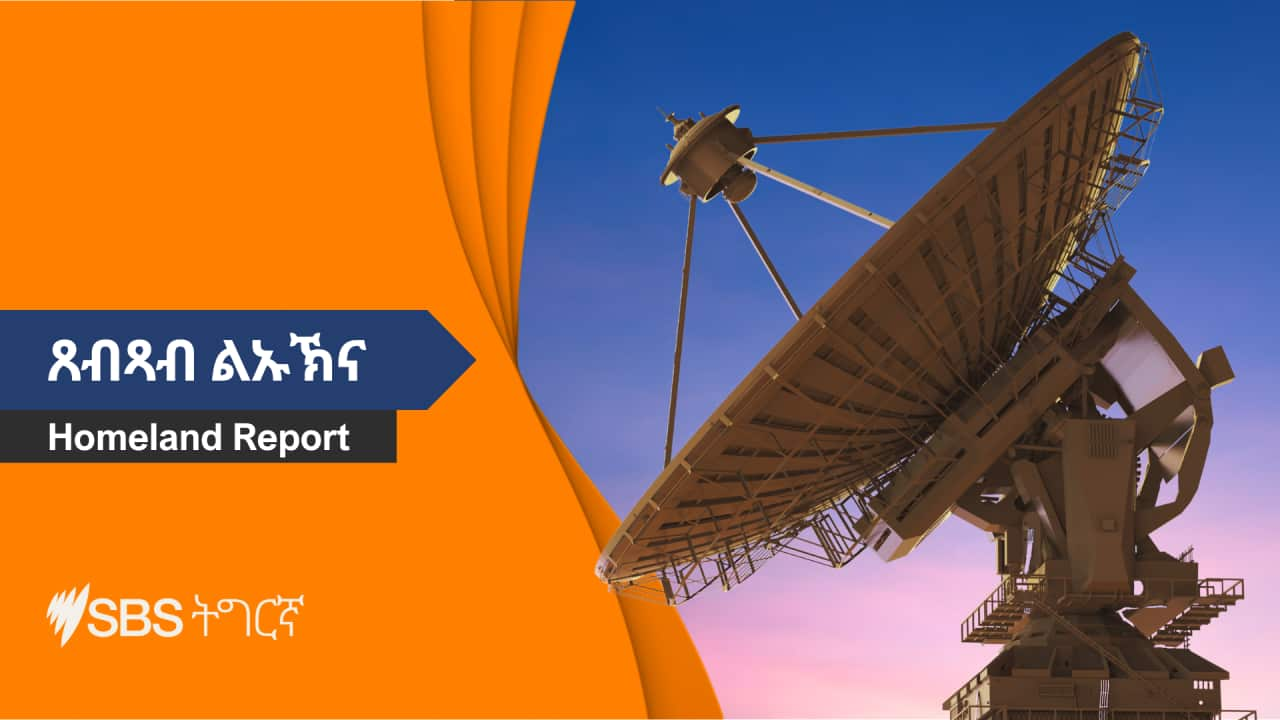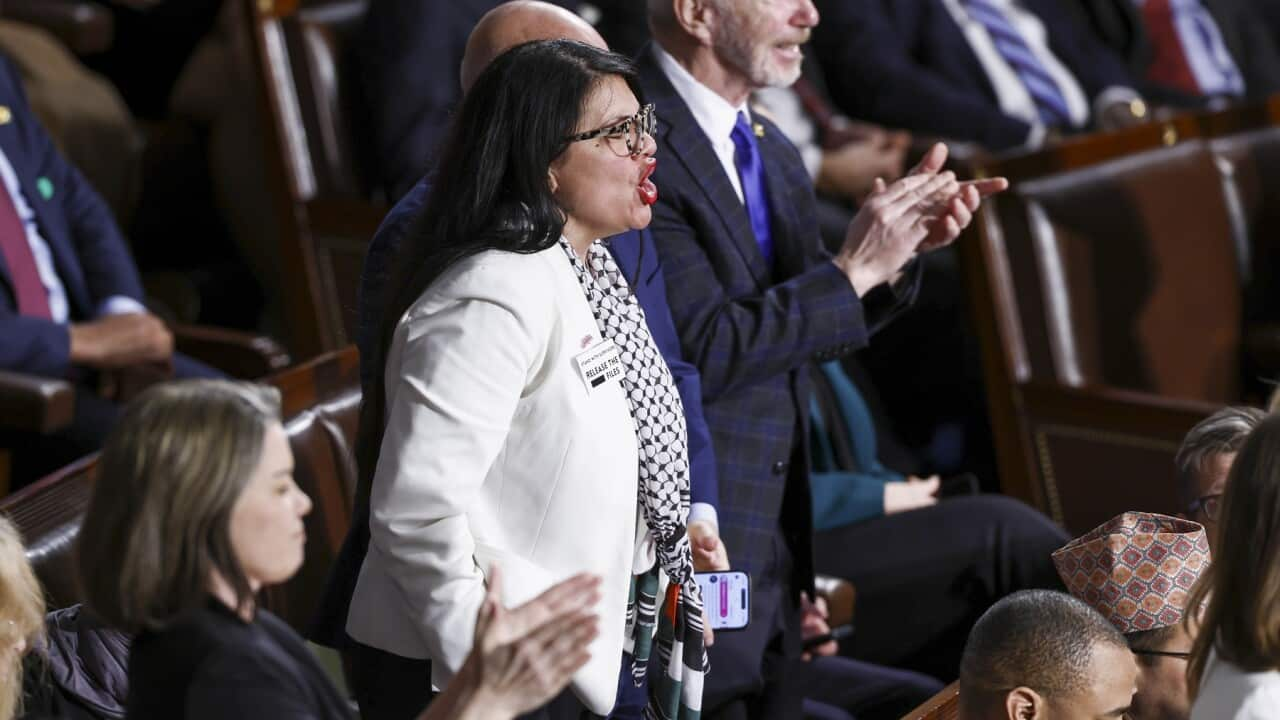Merine Issac has been in the taxi business for nearly 10 years. He gives services to passengers to and from Melbourne airport. He says taxi drivers are among the first people exposed to the coronavirus threat.
“We are the first to meet with the passengers who come from different countries and there’s a high possibility of contracting the disease [from an infected passenger] and spread to others using our services,” he says.
Highlights
- Taxi drivers fear losing income if they were to self-isolate due to coronavirus
- They feel they are at higher risk of contracting COVID-19 due to the nature of their job
- Government's $17 billion economic stimulus package will enable casual workers to access sickness payments but unions say more needs to be done to ensure casual workers can stay home when required to self-isolate
With flight cancellations and most people avoiding unnecessary travel due to the spread of COVID-19, his business has taken a hit.
“Drivers spend many hours waiting in queues to share the few travellers who come and go through the airport. The longer we wait for a client, the lesser we drive and earn,” Mr Issac tells SBS Tigrinya.
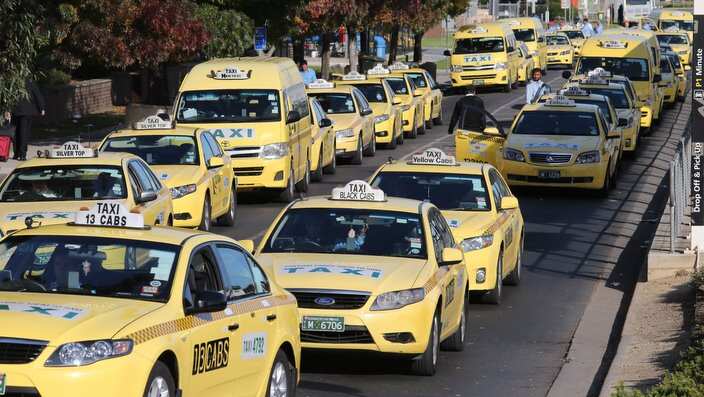
Sydney cabbie Dawit Baraki has been in the taxi business for the last 17 years. He says the coronavirus spread has not only negatively affected his income but also the time that he used to spend with his children.
“I used to come back home early and spend quality time with my children. But now I have to spend more hours on the streets to get passengers,” he says, ruing the cancellation of several sporting and other events.
However, what worries them even more is the prospect of catching the infection.
“As a taxi driver you take many people to different places, remain in the vehicle for long durations with passengers. So, we have a higher possibility of contracting the disease,” says Aman Mohamed Berhan, a taxi driver from Perth.
Most cab companies have issued instructions to the drivers to keep their vehicles clean to minimise the spread of the virus. But so far, there’s no plan to compensate drivers if they are required to self-isolate due to infection.
Rideshare company Uber, on the other hand, has announced it would pay its drivers affected by the virus.
“Our global task force is finalising this new policy but, at a minimum, compensation will be based on the individual’s average weekly earnings on the platform,” Business Insider Australia quoted a company spokesperson earlier this week.

Prime Minister Scott Morrison on Thursday announced a $17 billion economic stimulus package to keep the economy on track. The measures include access to sickness payment for casual workers if they miss work due to self-isolation because of coronavirus. But the unions are calling on the government to do more for Australia's 3.3 million casual workforce.
"The number one thing we need to do is to take away the financial penalty for casual workers to self-isolate. [The Prime Minister's] response to that is 'they can get newstart', which is forty dollars a day.
"Now every casual worker in the country is going to earn more than forty dollars a day. So, he is saying to them that if you self-isolate you're going to have to wear that cost," the ACTU Secretary Sally McManus told the ABC.
Ms McManus said a lot of people will not self-isolate as a result of that and will keep turning up at work even when infected with the virus.
With no financial support to fall back on, taxi drivers say they face the grim prospect of not being able to pay their bill if they contract the virus.
“This is our daily conversations and concerns among each other,” says Mr Issac. “During the bushfire season, our income dipped because of the decline in the number of tourists. But now, while recovering, if we are to stop driving, one will pay our bills including our mortgages.”
